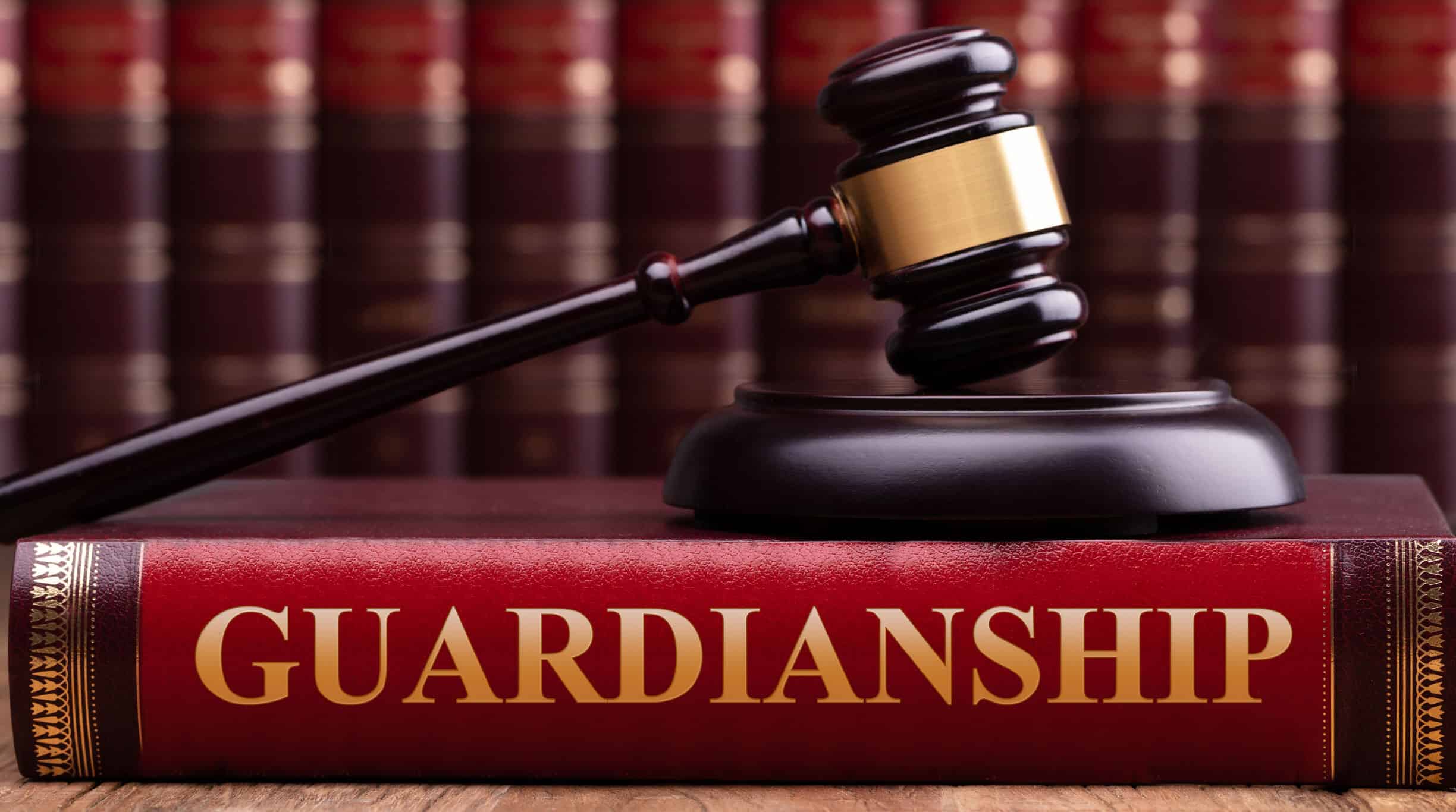
- What guardianship designation means and who requires it.
- Key considerations when selecting a guardian.
- Differences between guardianship designation in a will and in standalone documents.
What Is Guardianship Designation, And Who Needs One?
Guardianship is a legal designation that allows an individual to take on the responsibility for the care and well-being of another person. The designated guardian ensures the individual's property is well-managed, oversees finances for their care, and facilitates education, medical care, and social activities.
For minors, guardianship becomes necessary under certain circumstances, such as the termination or suspension of parental rights, or if a parent has been declared incompetent, deceased, or missing.
For adults, guardianship is typically necessitated when an adult has been declared incompetent and requires assistance in making decisions. In some cases, a power of attorney can serve as a temporary alternative to guardianship for periods of up to six months, but a power of attorney is not ideal for long-term situations.
What Factors Should Be Considered When Selecting a Guardian For Someone?
Selecting a guardian requires thoughtful consideration. At its core, the guiding principles are not legal, but are rather emotional. The most important considerations are love, and trust. It is essential to evaluate if the potential guardian genuinely cares for the individual and can be trusted to treat them as family.
Social considerations also come into play. Important considerations include: the age of the individual under guardianship, the availability of adequate sleeping space in the guardian's home, the presence of other children or other individuals under guardianship, disciplinary methods, and any history of substance abuse by the guardian or their ward. A comprehensive evaluation can be found in the minor guardianship social history form (PC 670) available on the Michigan government website.
Can Guardianship Designation Include Multiple Guardians, Each Responsible for Different Aspects Of A Minor's Care?
Yes.
It is possible to appoint co-guardians for a minor; however, both guardians hold complete responsibility for the child's well-being. While co-guardians can have an agreement among themselves to divide the responsibilities, they are both collectively accountable for the care of their ward. If disagreements arise, a judge may need to intervene to determine the best interests of the ward.
How Often Should a Guardianship Designation Be Reviewed, And Updated To Ensure It's Relevant And Accurate?
Guardianship designations in Michigan require periodic reporting every year. More importantly, whenever there's a change, or when doubt arises regarding the well-being of the individual under guardianship, an immediate review is advised.
Are There Any Legal Requirements for Formalizing the Guardianship Designation? Can It Be a Simple Written Document?
Yes.
Specific legal protocols are required to formalize a guardianship designation. One way to establish a Guardianship is through a testamentary document like a will, which must be written, signed, witnessed, and ideally notarized to avoid complications later. Michigan law also recognizes guardianship designations through standalone documents, which similarly require witnessing and, preferably, notarization.
When It Comes to Appointing Guardians For Minors, What's The Difference Between A Guardianship Designation And A Will?
A Guardianship Designation can either be part of a will or exist as a separate document. A Will encompasses more than just guardianship—a Will gives out one-time gifts, appoints someone to manage the estate, and provides instructions for winding down financial affairs. Both documents must be appropriately executed, ensuring they're signed, dated, witnessed, and ideally notarized.
Can A Guardianship Designation Extend Beyond the Care Of Minors To Include Adults with Special Needs?
Yes.
Guardianship can extend to adults who are incapacitated for prolonged durations or short-term emergencies. Adults declared incompetent due to mental health concerns or other reasons might also require a guardianship designation to ensure their well-being.
For individuals seeking more insight into Guardianship Designation in Michigan, it is advisable to schedule an initial consultation. Expert legal advice and information can be obtained by calling (616) 300-1212 today.